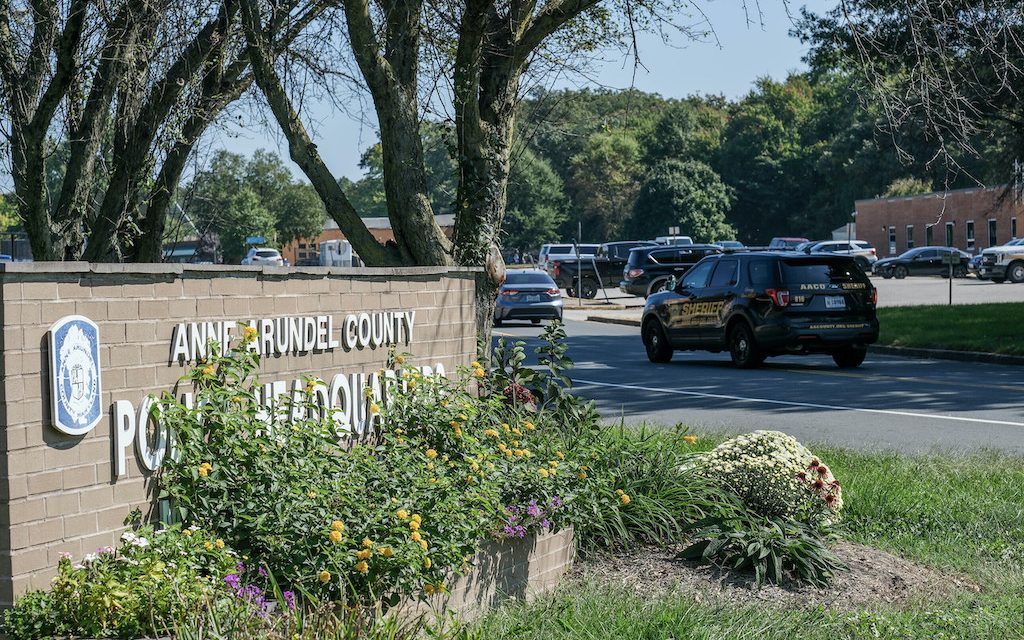By MINNIE STEPHENSON
WASHINGTON – Maryland lawmakers secured $400,000 in funding last month for an Anne Arundel County-based diversion program for youths accused of low-level offenses.
The program is called Fresh START (which stands for Fresh Safe, Trauma-Informed, Accountable, Restorative, Transparent).
Maryland Democratic Sens. Ben Cardin and Chris Van Hollen, as well as Maryland Democratic Reps. Steny Hoyer and John Sarbanes, secured the funding through the Department of Justice’s Byrne Discretionary Grants Program.
Fresh START began in 2021 and at the time was one of the only programs of its kind in the country.
Here is how it works: When an Anne Arundel County police officer responds to a low-level offense committed by a minor, the officer can refer the minor to the program. Minors who complete the program do not get a criminal record.
By contrast, most other diversion programs only are started after the minor has been charged, according to Anne Arundel County Sgt. Stephanie Hinson.
The 90-day Fresh START program begins with a one-on-one meeting with parents or guardians to try to figure out certain factors that could have contributed to the minor committing the crime, such as troubles at home, at school, past trauma or mental health issues.
“They’re more than just that incident,” Hinson said.
Those going through the program range from 13 to 18 years old and the majority are African American, said Carol Parreco, program manager for Fresh START. The officers act as mentors to the teenagers in the program.
The new funding will go towards expanding the different components that are offered with Fresh START and forming more partnerships with local businesses like restaurants and faith-based groups.
One of the components in Fresh START is called “School of Charm,” where the teenagers in the program are able to learn life skills like financial literacy, interviewing and writing resumes, as well as proper grooming and even dining etiquette. At the end of the course, the teens go shopping with a sponsor to buy professional clothes they can wear to networking events or interviews, Parreco said.
Another course called “Badges for Books” teaches literacy and critical thinking skills. For children who are too young to be charged with an offense but have shown signs of troubling behavior, they can still be referred to the program.
Many of the teens who successfully complete the program keep in touch with officers and come back to visit into adulthood, Parreco said.
“We want them to see that it’s not just their family that cares about them; it’s the police department, it’s the community members, everybody that we partner with on the outside – they’re all rallying for these kids,” Parreco said.
In a statement, Van Hollen commended the program’s “strong record of putting young people who committed minor offenses back on the right track.”
Cardin also praised the program, saying in a statement that it will “spare families and young people from the heartbreak often caused by routine offending.”
“Upholding accountability, reducing ethnic and racial disparities in the justice system, and promoting better outcomes for at-risk youth, the Fresh START program is crucial to the safety and prosperity of our community,” Hoyer said in a statement.







Recent Comments